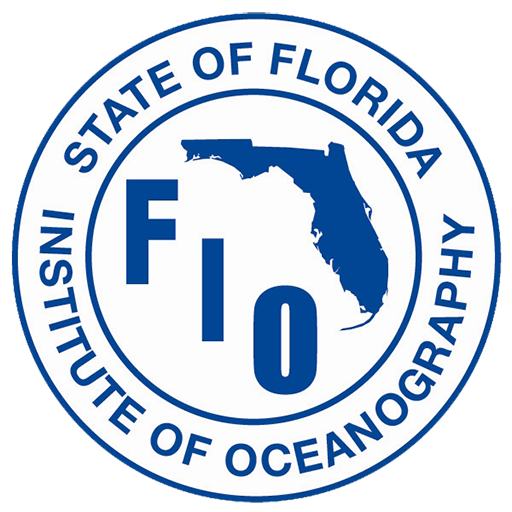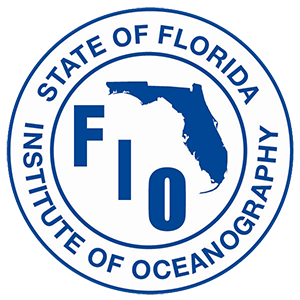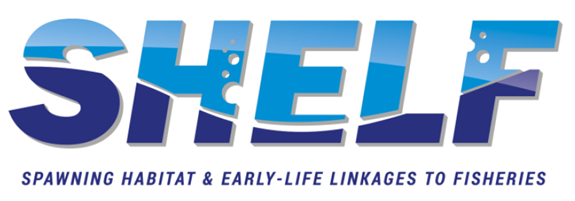The Florida RESTORE Act Centers of Excellence Program (FLRACEP), hosted at the Florida Institute of Oceanography (FIO) recently awarded researchers $1.2 million to continue ground-breaking research on long-term monitoring and technology advancement for fisheries in the Gulf of Mexico. FLRACEP is providing additional funds to allow researchers access to FIO’s research vessels to conduct seasonal surveys.
Dr. Chris Stallings, USF, will lead this third phase of the “Spawning Habitat and Early-Life Linkages to Fisheries” (SHELF) project , which over the next 3.5 years will advance technologies used to collect and barcode fish eggs to improve our understanding of seasonal spawning dynamics and conduct a targeted study to link adult abundances to egg production. The research team will also conduct studies that help operationalize the application of these techniques across the Gulf and beyond.
“Long-term monitoring is an essential tool to help us unravel complex patterns in species abundance and diversity relative to their environment. This project contributes to the data stream used to make us better managers of the Gulf’s important resources,” Dr. Bonnie Ponwith, Chair of the Program Management Team and former Director of NOAA Southeast Fisheries Science Center stated.
Originally awarded in 2016, with a possibility of up to 15 years of funding, the project has demonstrated continued progress through two external science reviews, even overcoming significant challenges due to COVID-19.
“When COVID prevented us from sending USF students to work in close quarters at sea, we found another source of fish-egg samples that were being housed at Stennis Space Center (Mississippi) by NOAA Fisheries. FIO and the FLRACEP Program Management Team allowed us to adapt the SHELF II scope of work to substitute these archived samples for samples that we would have collected ourselves. Of course, NOAA Fisheries was happy to have us apply our DNA barcoding method to their archived samples, so the end result was a win-win situation for everyone,” said Dr. Ernst Peebles, Associate Professor and lead investigator for SHELF I and II.
About the Florida RESTORE Act Centers of Excellence Program
Funding for the Centers of Excellence and FLRACEP comes from the Resources and Ecosystems Sustainability, Tourist Opportunities, and Revived Economies of the Gulf Coast States Act of 2012 (RESTORE Act), which established a Gulf Coast Restoration Trust Fund in the Treasury of the United States. Florida Institute of Oceanography is the Gulf Coast State Entity responsible for administering FLRACEP. The program establishes Centers of Excellence in the State of Florida to conduct through a competitive grants process. To date, $10 million has been awarded to 10 Florida institutions to establish Centers of Excellence.
About the Florida Institute of Oceanography
The Florida Institute of Oceanography consists of 32 members including state universities. Established by the Florida Board of Governors and hosted by the University of South Florida, FIO provides support and shares marine science resources between the state’s universities and private, non-profit marine research entities. FIO operates the R/V Weatherbird II, R/V Hogarth and the Keys Marine Laboratory (KML) in Layton, Florida.


